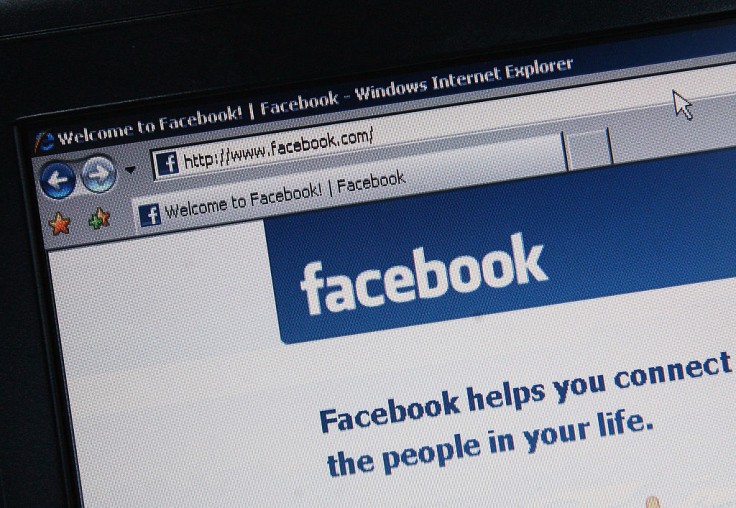
The recent six-hour Facebook outage sparked discussions about the platform possibly getting hacked. However, developers clarified that issue was a technical mistake on their "routine maintenance jobs."
Facebook's latest debacle surprised many users on Monday. Aside from Facebook, related services like its Messenger App, Instagram, WhatsApp and Oculus were also inaccessible. It started sometime at noon ET and was only fixed by 6:00 PM ET. This is considered the second-worst outage incident in Facebook's history.
Was Facebook Hacked?
During the tense six hours of maintenance, users searched the internet for Facebook issues or server indicators. Discussions were primarily made on Twitter.
Cyber experts highlighted Facebook DNS (Domain Name System) issues as a possible reason for the outage. This issue caused Facebook's entire ecosystem to crash. Some also found problems with Facebook's BGP (Border Gateway Protocol).
Twitter user Dane Knecht utilized Cloudflare and immediately noticed the Facebook server problems the moment they started.
. @Facebook DNS and other services are down. It appears their BGP routes have been withdrawn from the internet. @Cloudflare 1.1.1.1 started seeing high failure in last 20mins.
— Dane Knecht 🦭 (@dok2001) October 4, 2021
Moments later, another user confirmed that Facebook DNS records got withdrawn from global routing tables.
Confirmed: The DNS records that tell systems how to find https://t.co/qHzVq2Mr4E or https://t.co/JoIPxXI9GI got withdrawn this morning from the global routing tables. Can you imagine working at FB right now, when your email no longer works & all your internal FB-based tools fail?
— briankrebs (@briankrebs) October 4, 2021
Twitter user Kevin Beaumont clarified that losing BGP announcements meant nobody could search FB on the internet. FB ultimately "deplatformed themselves from their own platform."
One other user posted the code for Facebook's deleted section, confirming that Facebook was (temporarily) gone.
This evidence snowballed to a strong belief that Facebook got hacked by cybercriminals. A day afterward, Facebook revealed the details of its system outage.
Facebook Down October 2021 Explained
Per 9to5Mac, Facebook explained the real cause behind the outage. The social media and tech giant said the problem was simply a mistake on their systems that unfortunately caused a "cascading effect" on its data communications. To summarize, one single mistake got linked to a bug and triggered the system's security features.
During one of its many maintenance checks, one of the engineers issued a system command to assess FB's "availability of global backbone capacity." This unintentionally took down all connections of FB's backbone network, disconnecting Facebook from data centers globally. Even worse, the audit tool that should have prevented this mistake got bugged.
With its security protocol, FB DNS servers detected an "unhealthy network connection" and immediately disabled its BGP advertisements. As an end result, FB became unreachable even though it remained fully operational.
FB sent its engineers to its data centers to physically access and reconnect systems via hardware. Unfortunately, the whole process still took extra time because "the hardware and routers are designed to be difficult to modify even when you have physical access to them."
FB concluded its report with pride, saying, "We've done extensive work hardening our systems to prevent unauthorized access, and it was interesting to see how that hardening slowed us down as we tried to recover from an outage caused not by malicious activity but, an error of our own making. I believe a tradeoff like this is worth it."
Related Article: How To Check If You're Infected by FluBot; Ways To Remove and Prevent Malware









